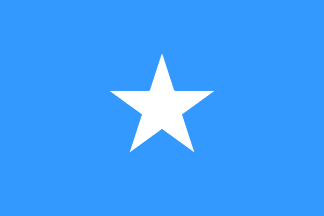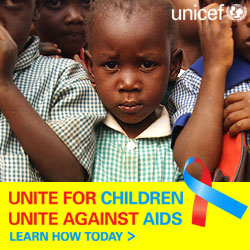 |
| Islamic militiamen in Mogadishu |
On August, 18th a meeting at a Mogadishu hotel to commemorate the anniversary of a Somali Islamic movement 28 years ago was forcibly broken up by heavily armed Islamic militiamen, who said the gathering was illegal because it had not been approved by Islamic leaders.
In a press statement released immediately after the incident, the chairman of the Somali Human Rights Defenders Network, Ahmed Mohamed Ali, said the actions of the Islamists were a direct violation of the basic human right of free assembly.
The statement also rejected claims that the Islamists have restored law and order in areas under their control. The group says that Islamic militias are carrying out murders and prominent figures in Mogadishu have been arbitrarily detained and imprisoned.
 |
| Islamic Courts Militia patrol a street of Mogadishu |
A spokesman for the Islamic leadership, Abdukraim Ali Mudday, has dismissed the group's accusations. He says that unauthorized public gatherings are a direct threat to the security the Islamists have restored to many parts of the country after seizing the capital in early June. He also insists that public gatherings held without the supervision of Islamic authorities violate Islamic laws, known as sharia. Nairobi-based Somali analyst, Najum Mushtaq, says whenever a system based on sharia law is enforced, it often comes in conflict with Western views of human rights as defined by the United Nations charter and the Geneva Convention.
Mushtaq says despite the Islamists' success in restoring order in towns and cities seized from factional warlords, the recent arrival of refugees from Somalia into neighboring Kenya and Sudan may be a sign that many Somalis are unwilling to live under a strict, Islamic regime.
"The more their laws are seen in action, people will resent them," he said. "Cinemas closing down, restrictions on women's movements in public space, this kind of a Taliban-like culture trying to impose [itself] on a society that is so diverse, this is what I call 'inter-Islam fissure' - people on many sides calling themselves Muslims but with a different culture and a different world view."
Mushtaq predicts the rise of hard line Islamic doctrine could cause lasting divisions within Somalia.
"The point I want to emphasize here is that of sectarianism, which is unheard of in Somalia," he said. "It happened in Afghanistan. It happened in Pakistan - the Sunni, Shi'ite thing all over the Muslim world. But in Somalia, they are Sufis. They follow the same school of thought. So this movement is a departure from the traditional religious structures of Somalia."







